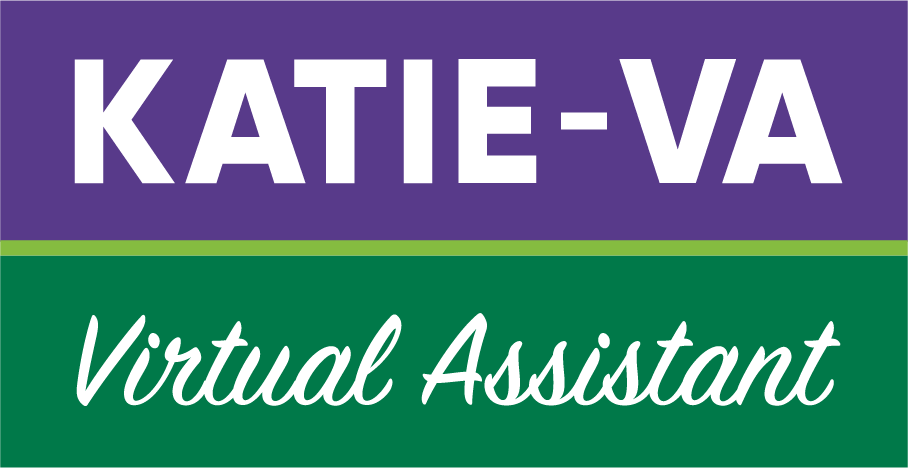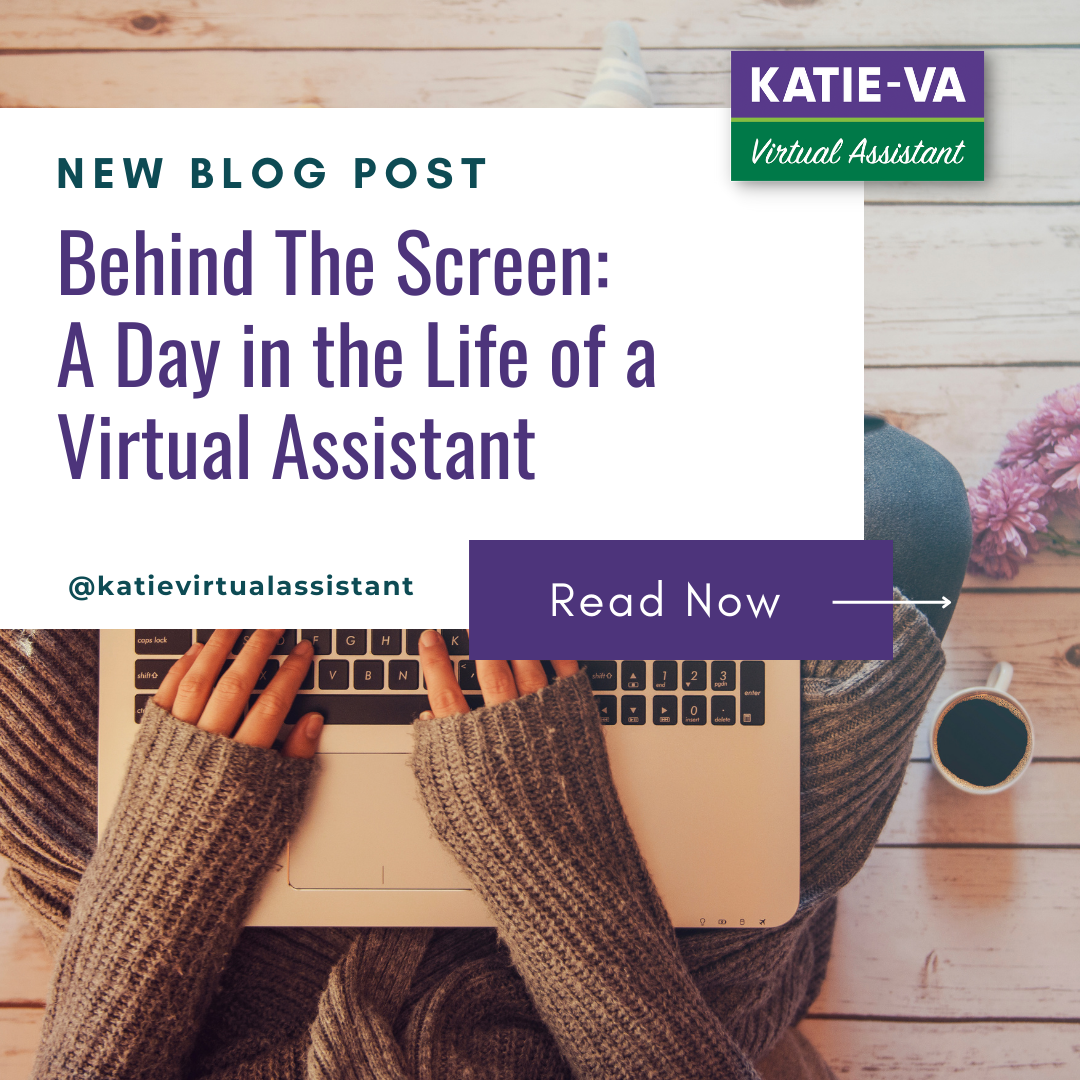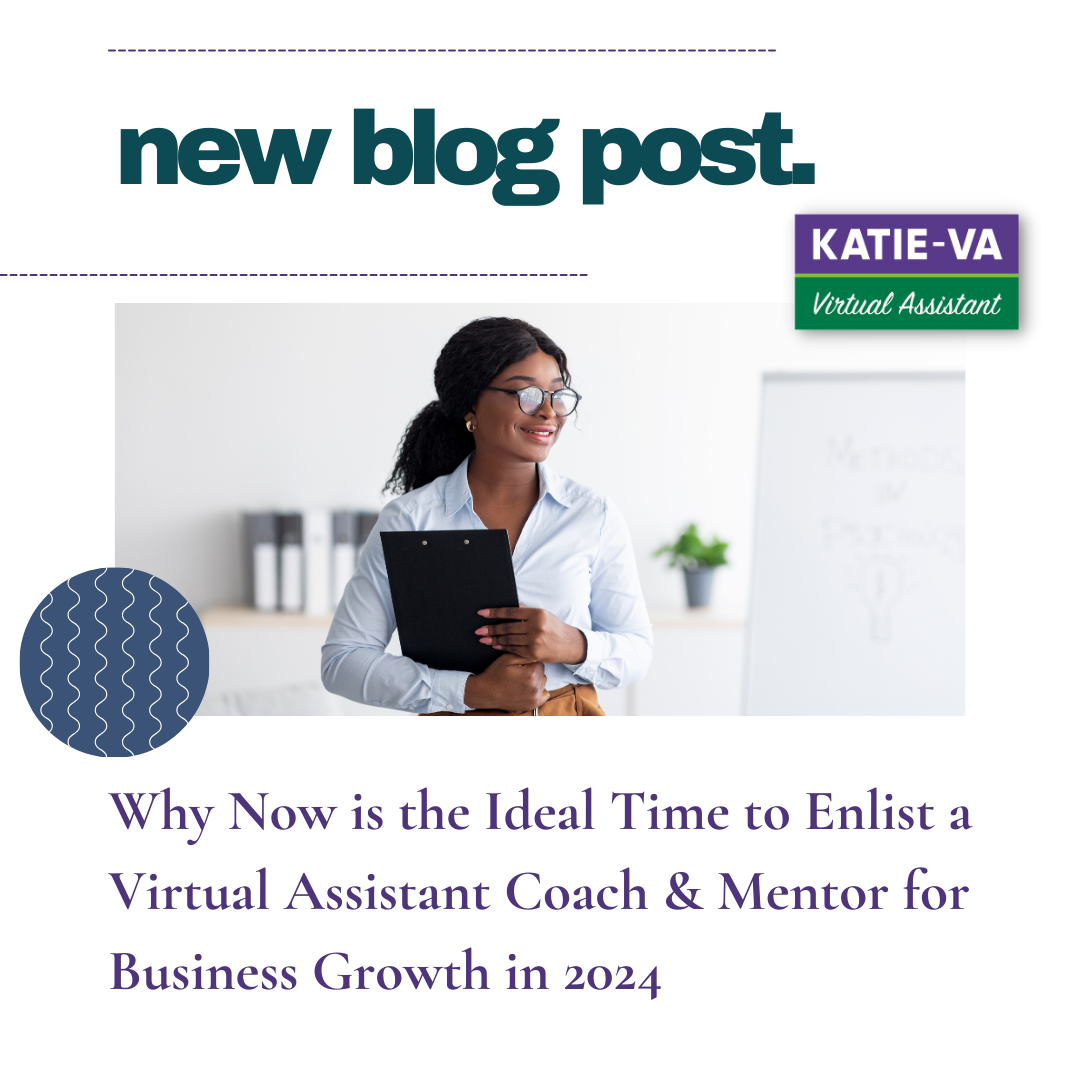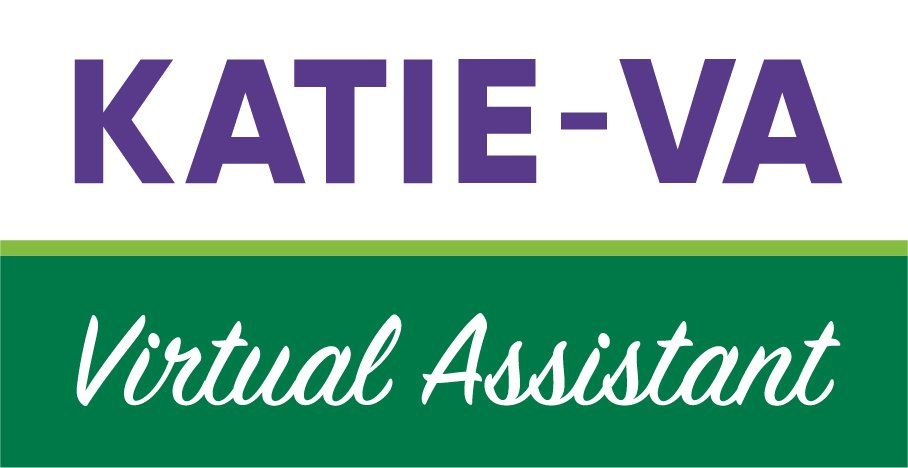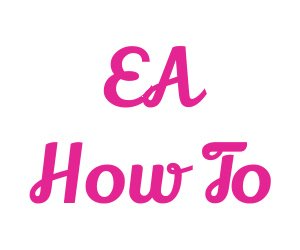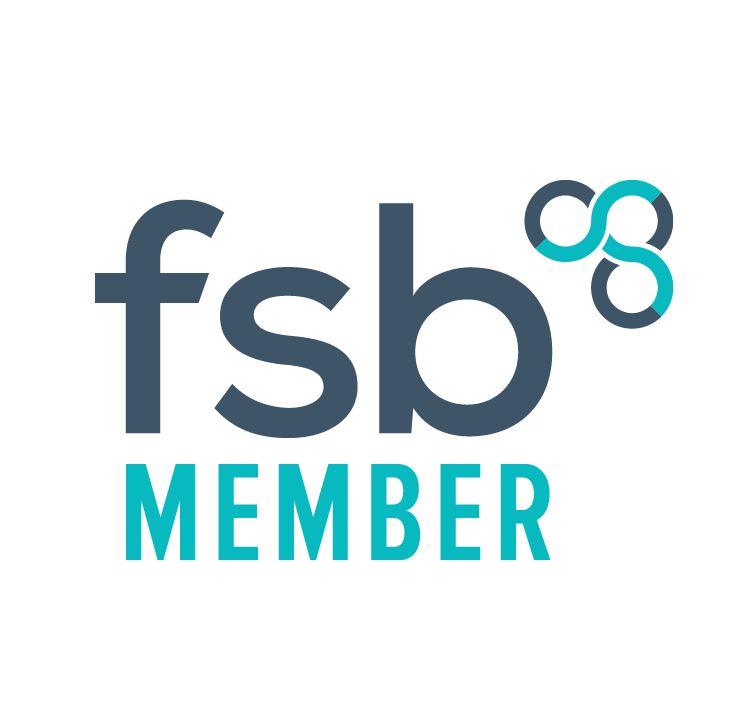Learning to say no
As Virtual Assistants, we want to appear helpful, available and there for our clients, but how far is too far? And at what cost or detriment to our own mental wellbeing? Burning out benefits nobody in the long run, including the people we work for. Taking on too much results in sloppy, rushed results and an increase in mistakes that should have been easy to avoid making. Saying no is an art form and a skill that needs to be cultivated and reinforced regularly.
In saying yes, but really meaning no, we commit to doing tasks without the proper care and attention, which shows in the finished product, whatever it may be.
Saying no is communicating that more time needs to be allocated to tasks, that working processes need to be streamlined and helps to identify areas of business that might need to be outsourced further or even downsized altogether. Saying no leads to important conversations on how we can work smarter, not harder.
By saying yes because you don’t want to disappoint anybody, we disappoint ourselves in the long run. We all need time to decompress, enjoy time away from work and refresh ourselves. This enables us to work with enthusiasm, passion and full commitment when we are at our desks. After all, the reason we became Virtual Assistants was to give ourselves a greater sense of autonomy over our careers and to cultivate our businesses in a way that benefits our lives.
Learning to say no is liberating and your clients will appreciate the honesty in knowing what they can and can't expect of you and where your boundaries lie. It's important to manage peoples' expectations of what is achievable and what isn't.
Saying no doesn't mean you're lazy, or that you aren't working hard enough. It doesn't mean you are a failure because you aren't working every hour under the sun. It's not a sign of weakness. It's essential for a healthy business mentality and to make sure you deliver a top notch service to clients you love working with.
